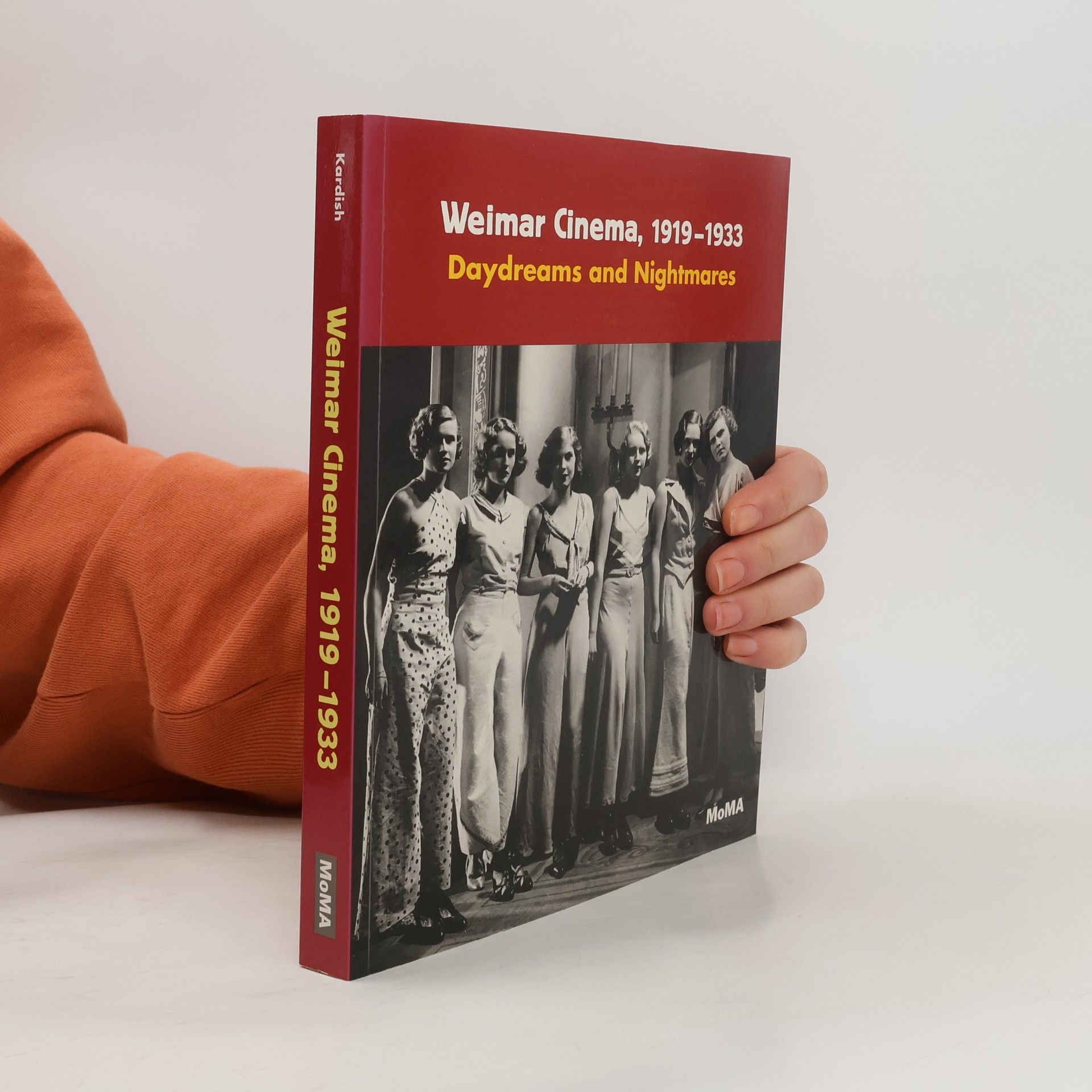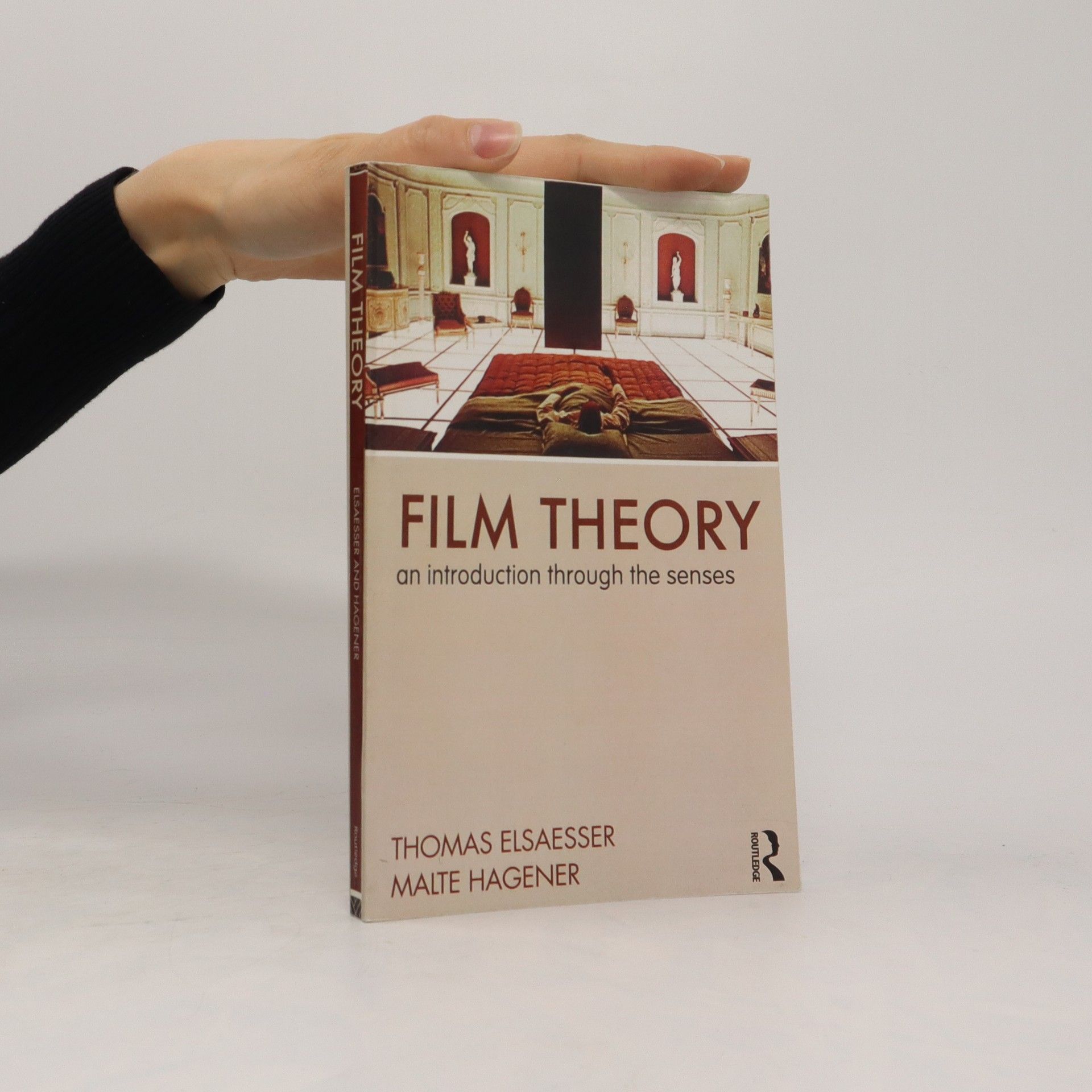"The Persistence of Hollywood" compiles Thomas Elsaesser's influential writings on Hollywood, exploring its evolution over nearly a century. The book covers key directors, shifts from classic to corporate Hollywood, and various critical-theoretical frameworks, including auteurism, genre, and ideology, reshaping film studies along the way.
Thomas Elsaesser Libros
Thomas Elsaesser fue un historiador de cine alemán y profesor de Estudios de Cine y Televisión en la Universidad de Ámsterdam. Su trabajo se centró en la comprensión del cine de posguerra y contemporáneo. Elsaesser exploró principalmente la intrincada relación entre el cine y la cultura, investigando cómo el cine refleja contextos sociales e históricos más amplios. También profundizó en la influencia de la modernidad en el arte cinematográfico.







What is the relationship between the cinema and the spectator? Renowned film scholars Thomas Elsaesser and Malte Hagener use this central question for film theory in order to guide students through all of the major film theories-from the classical period to today-in this brief, insightful, and engaging book. Every kind of cinema (and every kind of film theory) presupposes an ideal spectator, and then imagines a certain relationship between the mind and body of that spectator and the screen. Using seven distinctive configurations of spectator and screen that move from "exterior" to "interior" relationships, the authors retrace the most important stages of film theory from the 1920s onwards, with special attention paid to theories since 1945, from neo-realist and modernist theories to psychoanalytic, apparatus, phenomenological, and cognitivist theories, while also offering an incisive extension of film theory through the senses into the digital age. Each chapter opens with a paradigmatic scene from a well-known film to introduce key concepts, and outlines the major schools of thought and theorists attached to a particular film theory. The films discussed combine classics of cinema such as Rear Window and The Searchers with contemporary films including Donnie Darko and Eternal Sunshine of the Spotless Mind. Film stills throughout provide a visual key to unlock challenging theoretical concepts.
This volume explores the cultural phenomenon of Metropolis , its different versions, its changing meanings, and its role as a database of the twentieth century.
Concepts and Applications of Nonlinear Terahertz Spectroscopy (Second Edition)
- 202 páginas
- 8 horas de lectura
This book focuses on nonlinear terahertz spectroscopy of condensed matter and introduces basic concepts, technologies, and methods for an interdisciplinary research audience. Recent applications in basic science illustrate the potential and relevance of the field.
Film Curatorship - Archives, Museums, and the Digital Marketplace
- 240 páginas
- 9 horas de lectura
Film Curatorship is an experiment: a collective text, a montage of dialogues, conversations, and exchanges among four professionals representing three generations of film archivists and curators. It calls for an open philosophical and ethical debate on fundamental questions the profession must come to terms with in the twenty-first century.
Weimar Cinema, 1919-1933
- 216 páginas
- 8 horas de lectura
Considers the broad spectrum of influential German films made between the world wars. This title investigates important themes in films from this period, including the portrayal of women and the role of sound.
